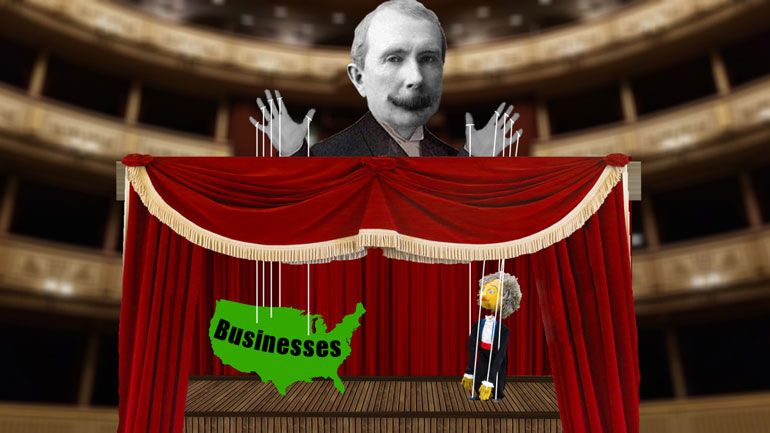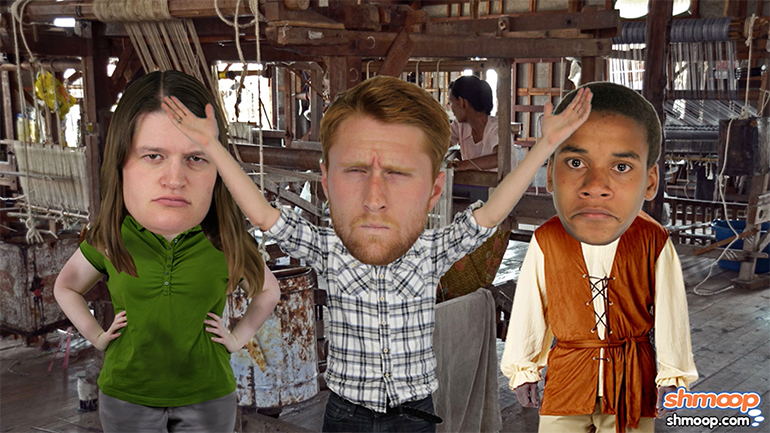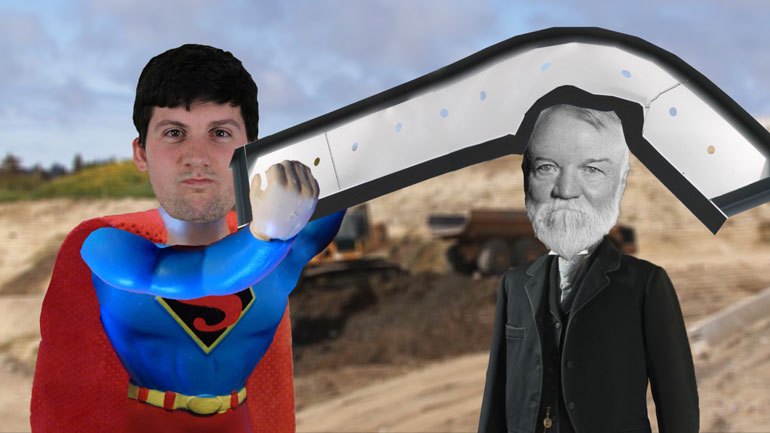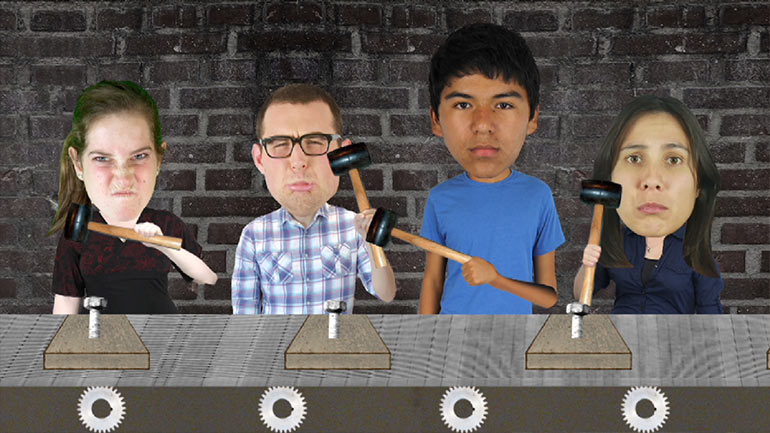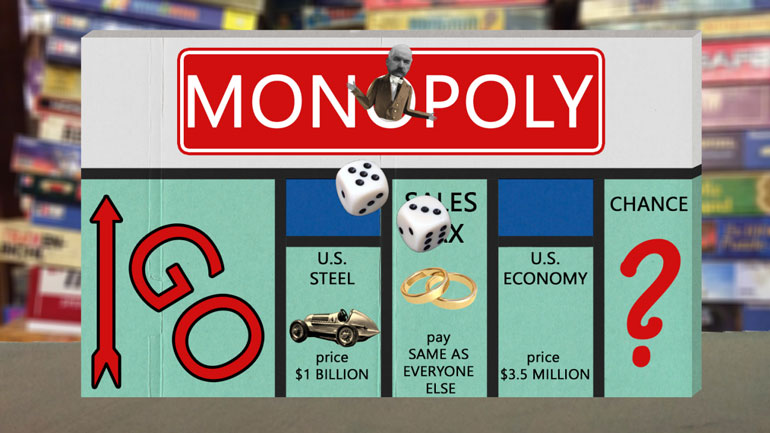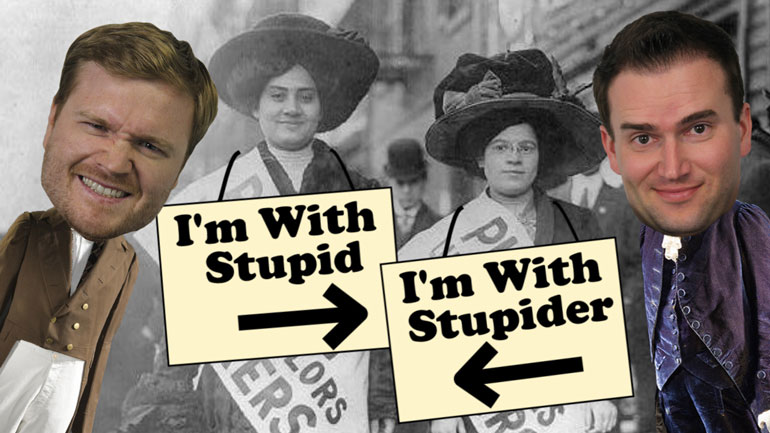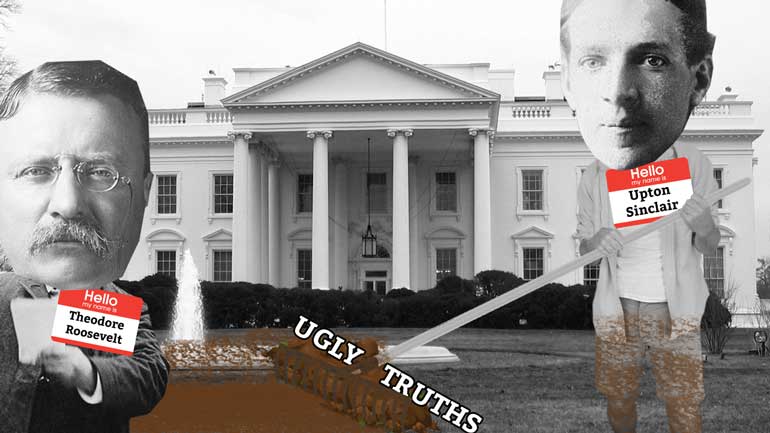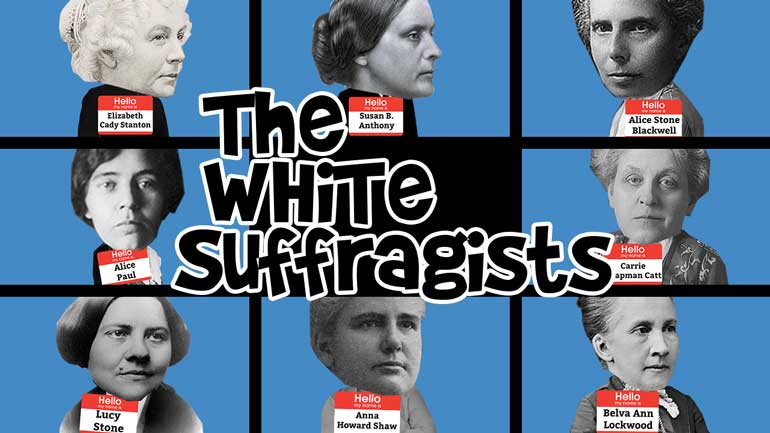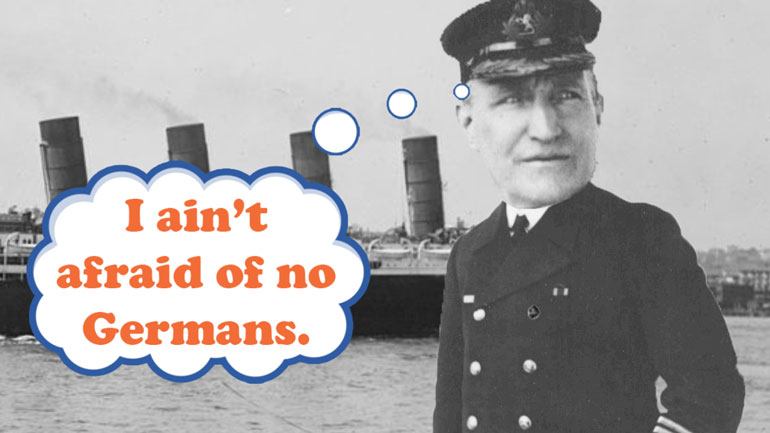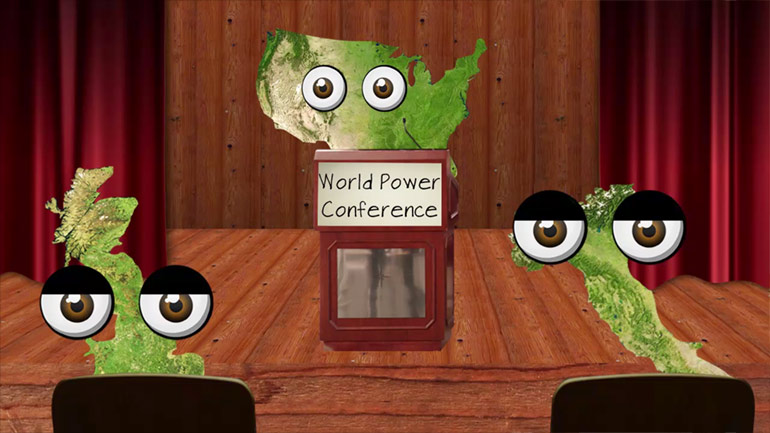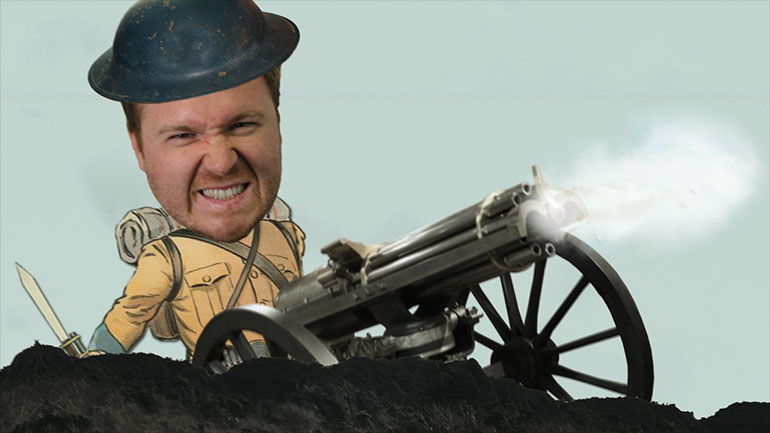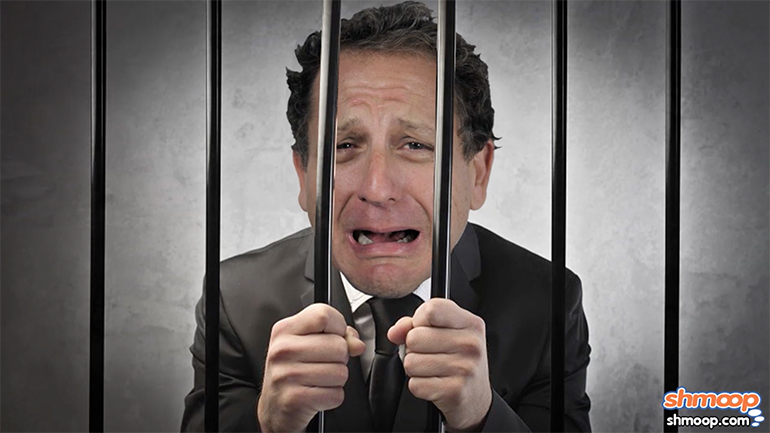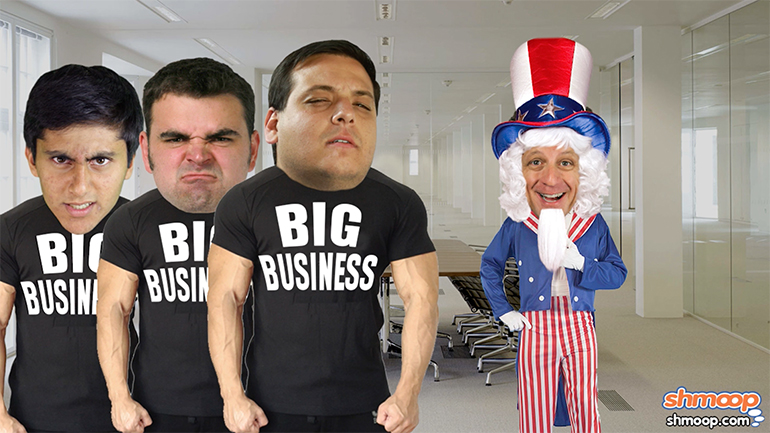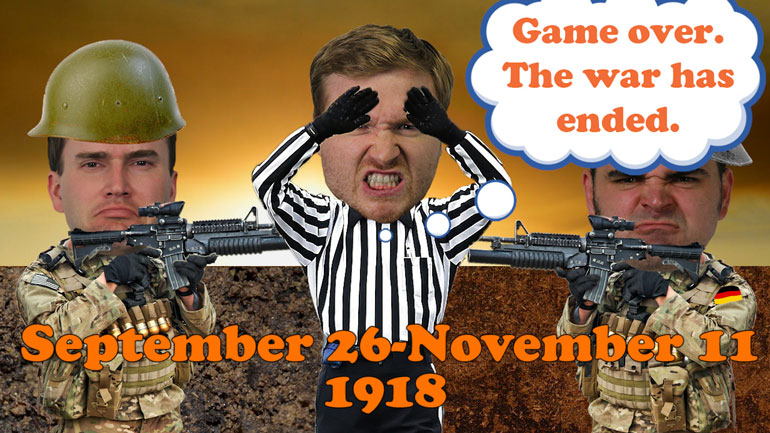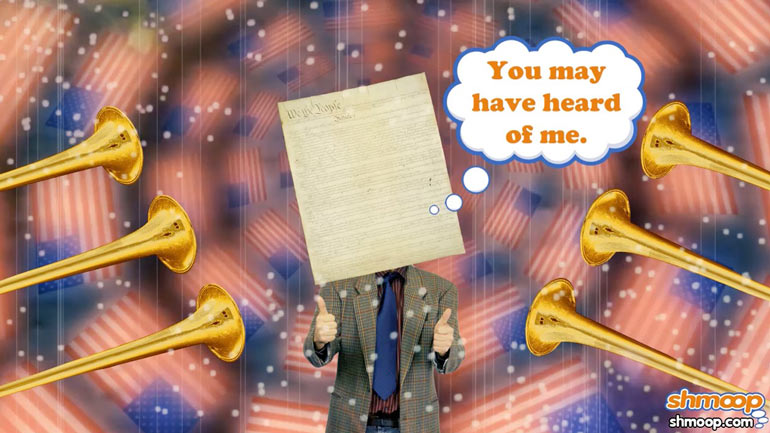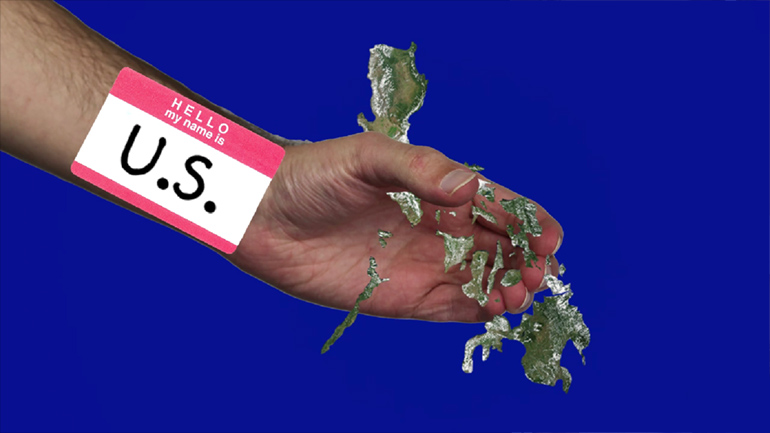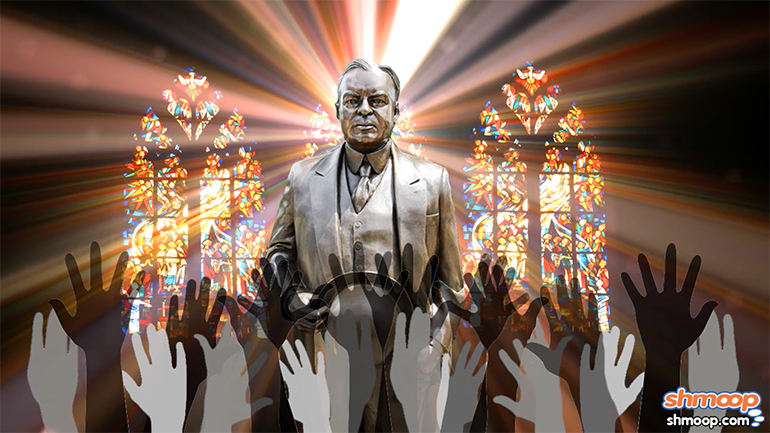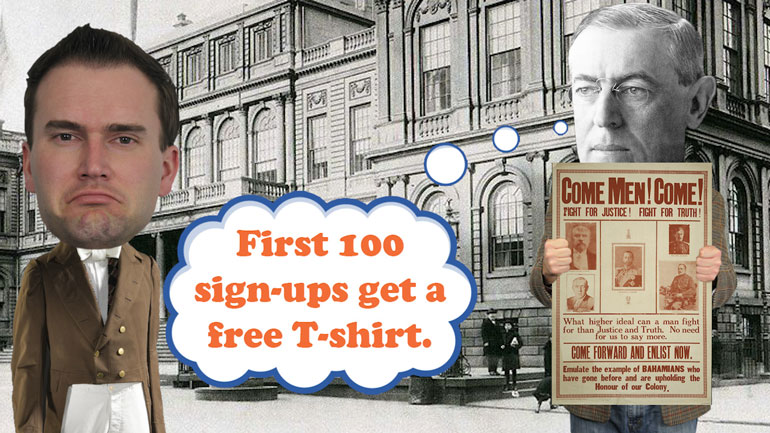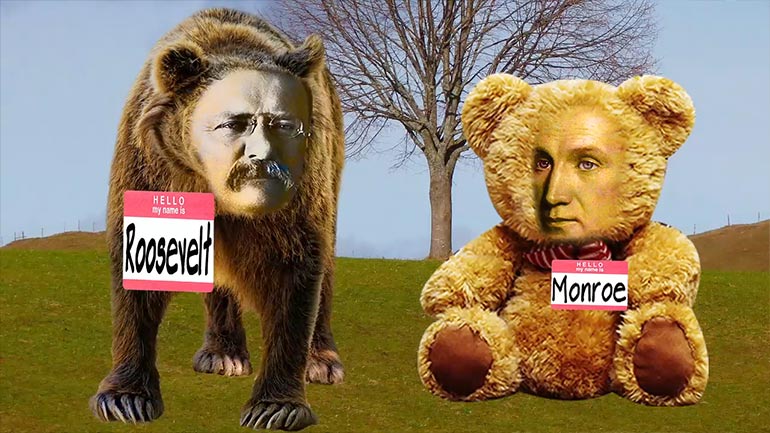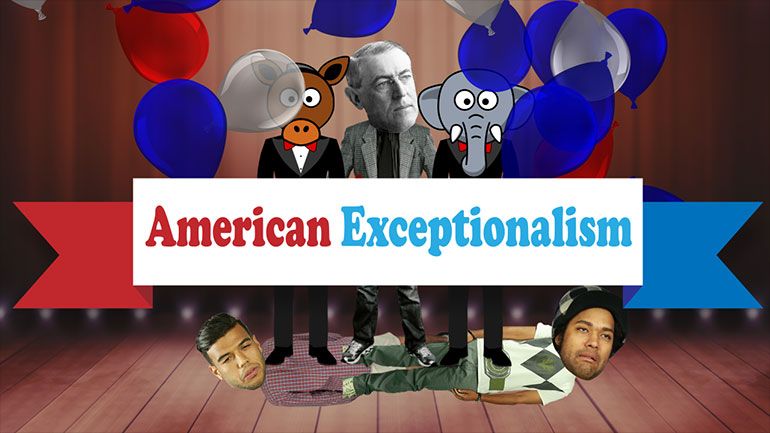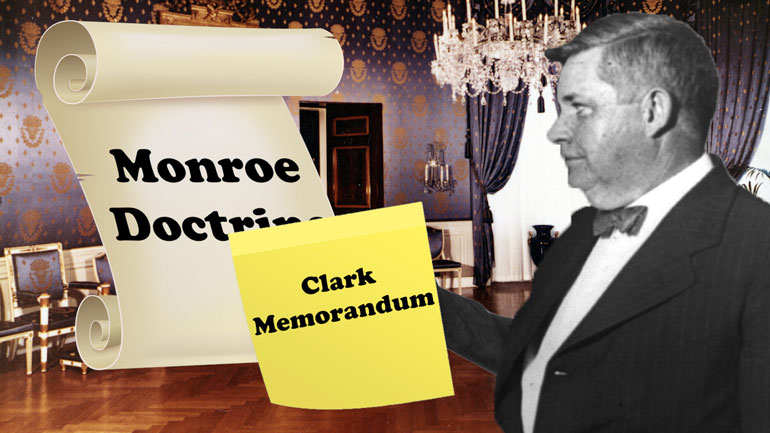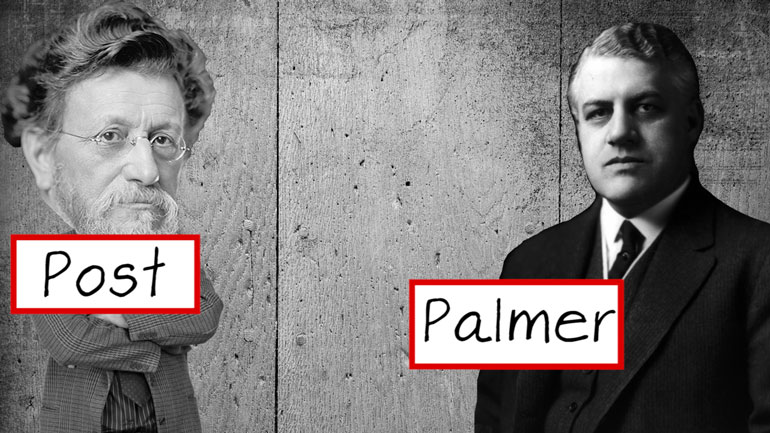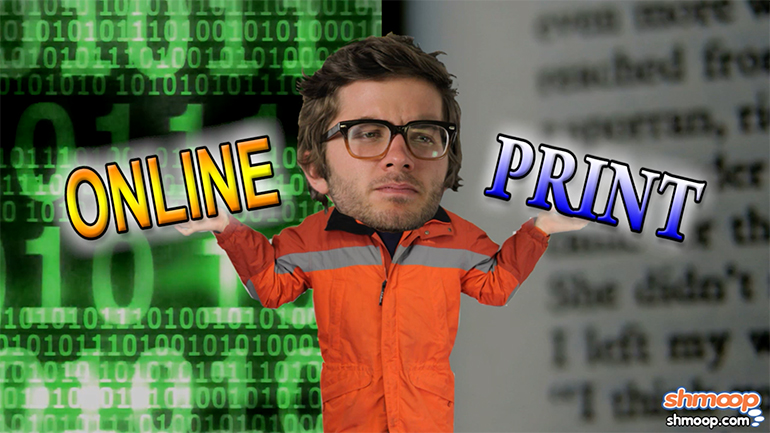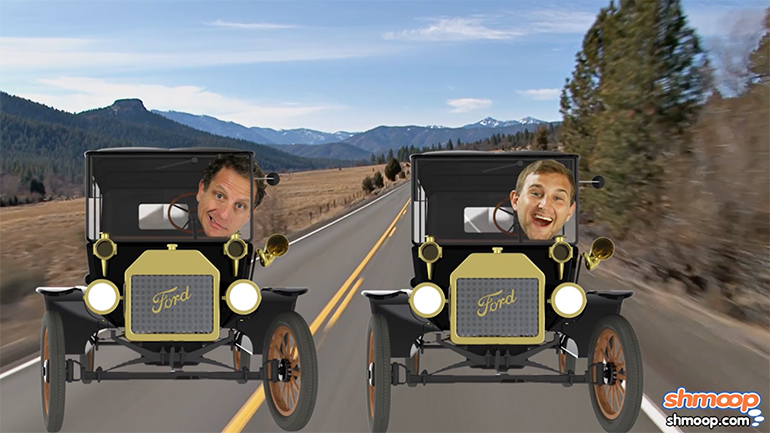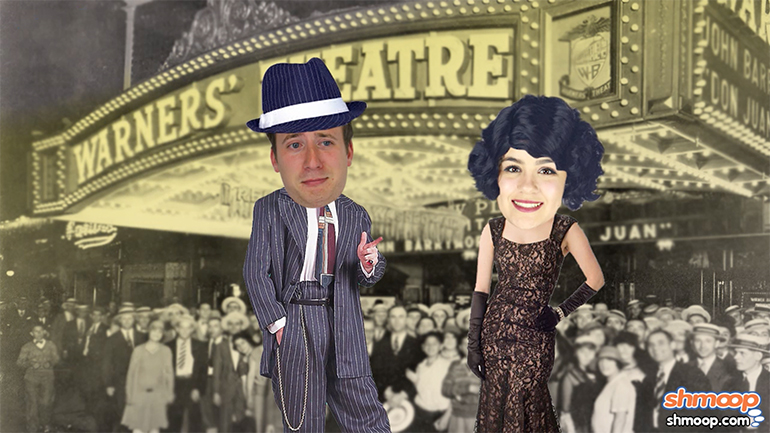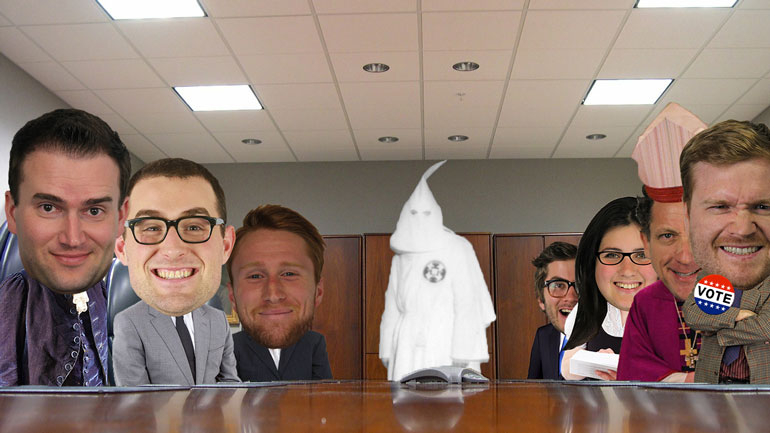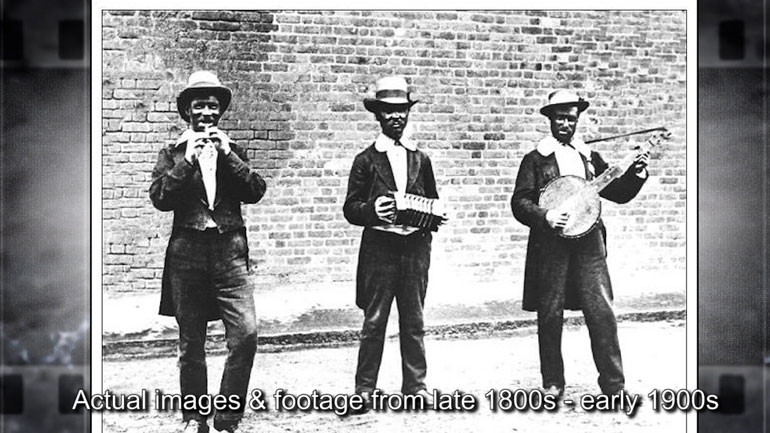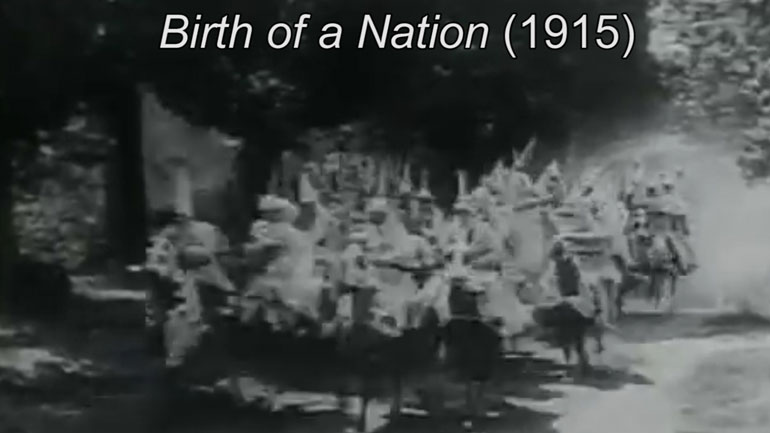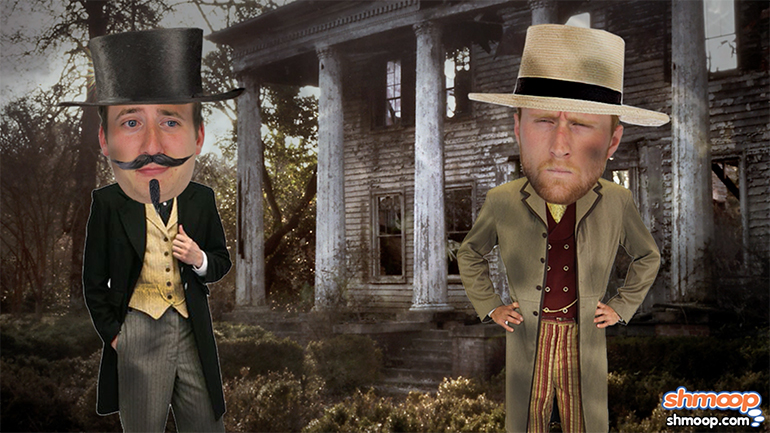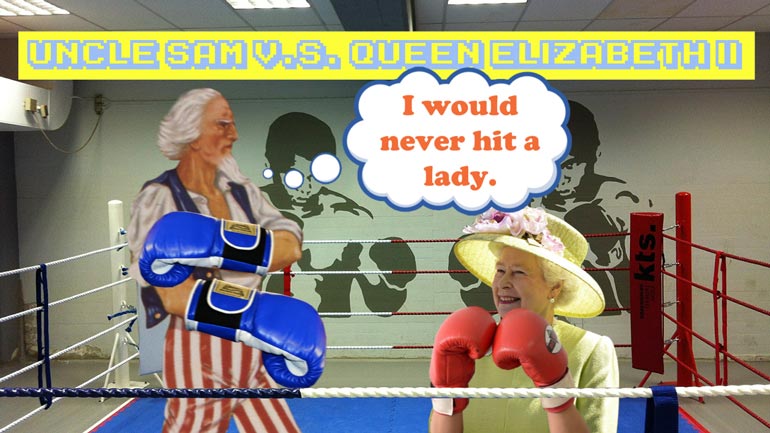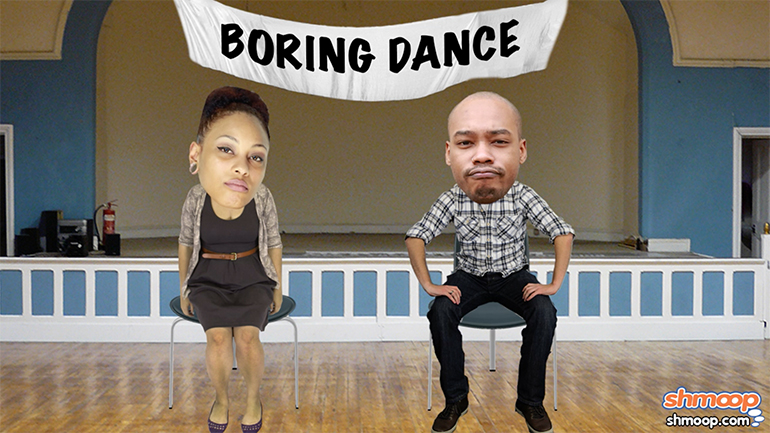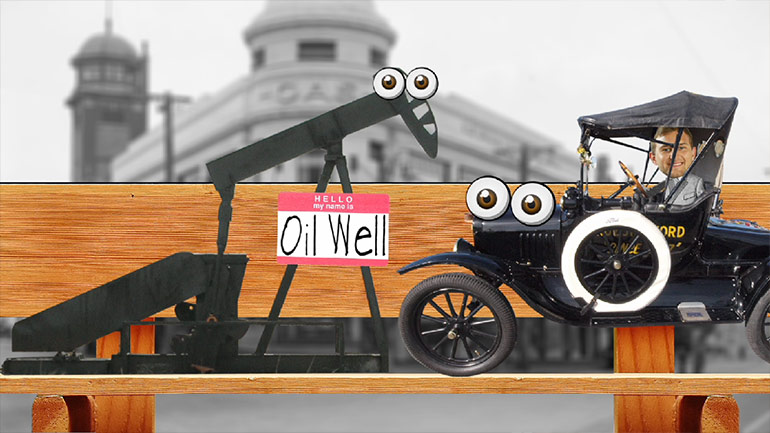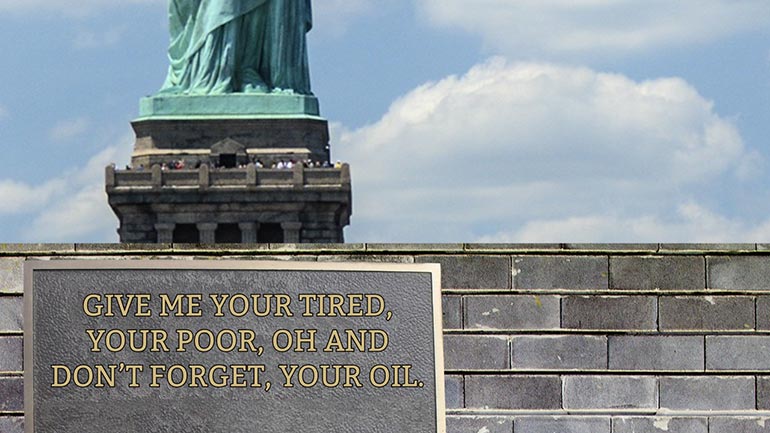ShmoopTube
Where Monty Python meets your 10th grade teacher.
Search Thousands of Shmoop Videos
U.S. History 1877-Present Videos 173 videos
Have you ever told one of your siblings to stop poking you, only to have them do something like hold their hand right in front of your face instead...
John D. Rockefeller. Greasy robber baron, or philanthropic saint? Why not both? Boy, that's a weird combination...
Today we'll learn about plans to assimilate the American Indian population after reconstruction. If you've ever seen Star Trek, you'll know that fo...
U.S. History 1877-Present 3: Assenbly Lines and Unions 42320 Views
Share It!
Description:
Believe it or not, people used to have to work just as fast as the machines told them to. Yikes. Sounds more like a dystopian future movie. Where's Neo when you need him?
Transcript
- 00:00
Thank you We sneak just when we thought it couldn't
- 00:05
get any bigger or better Electrification came along and made
- 00:09
possible something even bigger and better Yeah well better part
- 00:12
might be debatable And what are we talking about I
- 00:15
think called mass production which electricity made possible by bringing
Full Transcript
- 00:19
us the assembly line Well electricity powered moving belts along
- 00:23
which workers stood and did their part to assemble things
- 00:27
Well the assembly line or the line never stopped like
- 00:30
ever twenty four hours a day This meant that workers
- 00:33
did not decide the pace of the new york a
- 00:35
machine did Sure Before this people who worked on textile
- 00:39
machines couldn't control the pace either Really But that wasn't
- 00:42
true of every manufacturing jobs Like if a person made
- 00:45
cars in the days before the assembly line the team
- 00:47
put a vehicle together as quickly as they could Or
- 00:50
should we say as slowly as they dared for fear
- 00:53
their bosses wrath for being slow Well even so workers
- 00:56
took breaks if a part was missing Well they went
- 00:59
to look for it If their breakfast burrito was causing
- 01:02
a little trouble well they could run off you know
- 01:04
Take care of that But the assembly line put the
- 01:06
kibosh on being human All the parts were there Every
- 01:09
worker worked alone in his or her spot on the
- 01:12
line Like they were kind of sort of a robot
- 01:14
with the blood and bad breath No team no conversation
- 01:18
no brakes Well that might have up the suck factor
- 01:21
in a lot of workers live The assembly line also
- 01:24
majorly upped productivity but this ended up turning the businessmen
- 01:29
who owned the factories into productivity junkies Efficiency experts like
- 01:33
frederick winslow taylor made a living going into factories and
- 01:37
showing owners how they could make people work faster That
- 01:40
he wasn't all that popular in the union break room
- 01:43
that told this took on the workers who had to
- 01:45
go at absolute top speed for ten hours a day
- 01:47
six days a week Well hey what are you going
- 01:50
to dio workers did what the line told them or
- 01:52
they were out the door Speed was king The electrified
- 01:55
factories of america Speed was money to this is why
- 01:59
runners from kenya were suddenly rich Just getting all this
- 02:03
electric speed though that companies could produce even more goods
- 02:07
Introduced more products hire more people and export more stuff
- 02:11
cheaper than most of the rest of the world could
- 02:14
Well it was tough on workers It built america into
- 02:16
the economic powerhouse it is today And eventually the workers
- 02:20
formed unions which fought tooth and nail to get a
- 02:23
more square fair deal Well guess what Automobile tycoon henry
- 02:27
ford actually ended up doing workers a solid by offering
- 02:31
them the eight hour work day like he invented that
- 02:33
he also up there paid a five bucks a day
- 02:36
and don't laugh five bucks a day At the time
- 02:39
most unskilled workers were on ly getting about four dollars
- 02:42
a week Five bucks a day was crazy Good for
- 02:46
these folks right Real partnership between workers and the bosses
- 02:50
and all that Well it made work in one of
- 02:52
those hard jobs in america seem a lot less sucky
- 02:55
really get paid for it and not much to complain
- 02:57
about right Well the turnover rate it ford factories went
- 03:00
from three hundred seventy percent in nineteen fourteen meaning three
- 03:04
point seven people quit for everyone who stayed when the
- 03:06
deal started tow only sixteen percent turn over a year
- 03:10
Later while sure workers were still doing a monotonous job
- 03:13
But at the end of the day they got enough
- 03:15
cash to live a modestly comfortable life and probably by
- 03:19
some ford cars as well Right Oh yeah they got
- 03:22
weekends as shown by the famous union slogan from the
- 03:25
folks who brought you the weekend Yeah so if they
- 03:28
were really cool more like a from the folks who
- 03:30
brought you the three day weekend when you think about
- 03:33
that hey well we can dream about having a life 00:03:36.348 --> [endTime] like europeans
Related Videos
Ever heard of a "living document"? They eat and breathe just like the rest of us! They even walk around on their own two legs. Okay, fine—maybe t...
If the Puritans had gotten their way, religion would play a much larger role in lawmaking these days. Want to know more? Watch the video for all th...
What happened between the creation of the Articles of Confederation and the ratification of the current U.S. Constitution? This video analyzes the...
The Modernists thought the world had a lot of problems, and they were intent on fixing them—or at least talking about fixing them. Unfortunately,...
This video explains Federalism and the quest for a fair balance between state and national power. It covers the progression and compromises of Fede...

